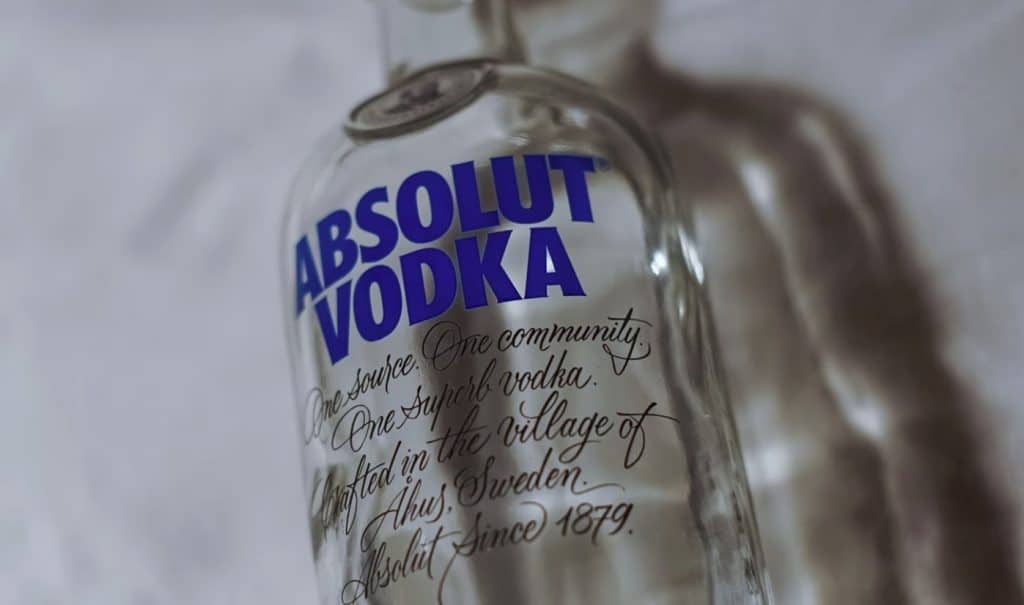As one of the most popular spirits in the world, vodka has long been a staple in bars and homes alike. But a question that often arises among enthusiasts and casual drinkers alike is: does vodka have a smell? This inquiry invites a deeper exploration into the characteristics of vodka, its production processes, and how these factors influence its sensory profiles. The allure of vodka often lies in its reputation for being a neutral spirit, but is it as odorless as many believe? Let’s dive into this fascinating topic and discover the truth behind vodka's scent.
When we think of vodka, we often picture a clear, colorless liquid that promises smoothness and versatility in cocktails. Yet, this perception raises several questions about its aromatic properties. Is the absence of a strong smell indicative of purity, or can subtle notes be detected upon closer inspection? To unravel these mysteries, we will consider the ingredients used in vodka production and how different brands may exhibit varying olfactory nuances.
Furthermore, understanding whether vodka has a smell is crucial for discerning drinkers and mixologists who seek to create the perfect cocktail experience. The intricacies of aroma can significantly impact flavor perception and overall enjoyment. So, does vodka truly have a smell, or is it simply a myth perpetuated by the spirit's clean reputation? Let’s embark on this aromatic journey and answer some pressing questions surrounding vodka and its scent.
What is Vodka Made Of?
Vodka can be produced from various ingredients, which significantly influence its flavor and aroma. Common base materials include:
- Grains (wheat, rye, corn, barley)
- Potatoes
- Fruits (grapes, apples)
- Sugarcane
The choice of base ingredient can impart subtle aromas and flavors to the final product, even if they are not overwhelmingly pronounced.
Does Vodka Have a Distinctive Aroma?
While vodka is often celebrated for its neutrality, it does possess certain aromatic qualities that can vary between brands. Most high-quality vodkas aim for a clean, crisp scent, but some may reveal hints of sweetness, earthiness, or even a touch of fruitiness. Factors such as the distillation process and the quality of the ingredients play a crucial role in shaping these aromas.
How is Vodka Distilled?
The distillation process is vital in determining the final characteristics of vodka. Here is a simplified breakdown:
- Fermentation: Base ingredients are fermented to produce ethanol.
- Distillation: The liquid is heated to separate alcohol from impurities.
- Filtration: Vodka is often filtered to enhance purity and smoothness.
- Dilution: Water is added to achieve the desired alcohol content.
Each step can influence the aroma, with higher-quality distillation methods usually yielding a cleaner scent.
Can You Smell the Alcohol in Vodka?
One might wonder if the alcohol itself contributes to vodka’s aroma. Ethanol, the primary component of vodka, has a distinct smell that some describe as sharp or pungent. However, when diluted to drinking strength, this aroma tends to dissipate, making it less noticeable. This phenomenon raises the question: do we perceive vodka's smell differently depending on its concentration?
What Impact Does Temperature Have on Vodka's Aroma?
The temperature at which vodka is served can significantly affect its aroma. Chilled vodka tends to mask some of its aromatic qualities, while vodka served at room temperature may reveal more subtle notes. Experimenting with serving temperatures can provide a richer sensory experience, allowing drinkers to appreciate the complexities of the spirit.
Does Vodka Have a Smell When Mixed in Cocktails?
When vodka is mixed into cocktails, its aroma may become less pronounced due to the presence of other ingredients. However, the harmony of flavors can create a unique aromatic profile that enhances the overall drinking experience. Understanding how vodka interacts with mixers can help cocktail enthusiasts craft delightful beverages that showcase the spirit's potential.
Are There Brands Known for Their Distinctive Aromas?
While vodka is often associated with neutrality, some brands have gained recognition for their unique aromatic qualities. Here are a few notable examples:
- Grey Goose: Known for its smoothness and subtle floral notes.
- Belvedere: Offers a creamy texture with hints of vanilla.
- Ketel One: Features a crisp and clean scent with a touch of citrus.
These brands exemplify how vodka can possess distinct aromas while maintaining its foundational characteristics.
How Can You Detect Vodka's Aroma?
To fully appreciate the aromatic qualities of vodka, consider the following tips:
- Pour the vodka into a clean glass to avoid any residual odors.
- Swirl the glass gently to release the aromas.
- Take a moment to inhale deeply before tasting.
By engaging your senses, you can uncover the intricate nuances that vodka has to offer.
Conclusion: Does Vodka Have a Smell?
In conclusion, vodka does have a smell, albeit often subtle and nuanced. While it may not possess the robust aromas seen in other spirits like whiskey or rum, vodka's scent is influenced by its ingredients, distillation process, and serving conditions. Whether enjoyed neat or in cocktails, understanding the aromatic characteristics of vodka can enhance your appreciation of this beloved spirit. So next time you raise a glass, take a moment to explore the scent of vodka—it might surprise you!
John Mayer: The Musical Maestro On Jimmy Fallon
Town And Country Chiropractic: Your Path To Wellness
Excitement Builds For The Sidemen Charity Match 2024


